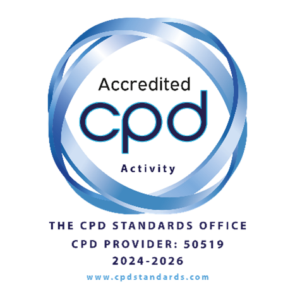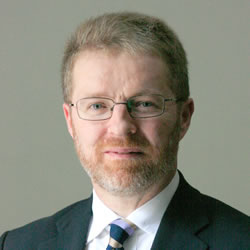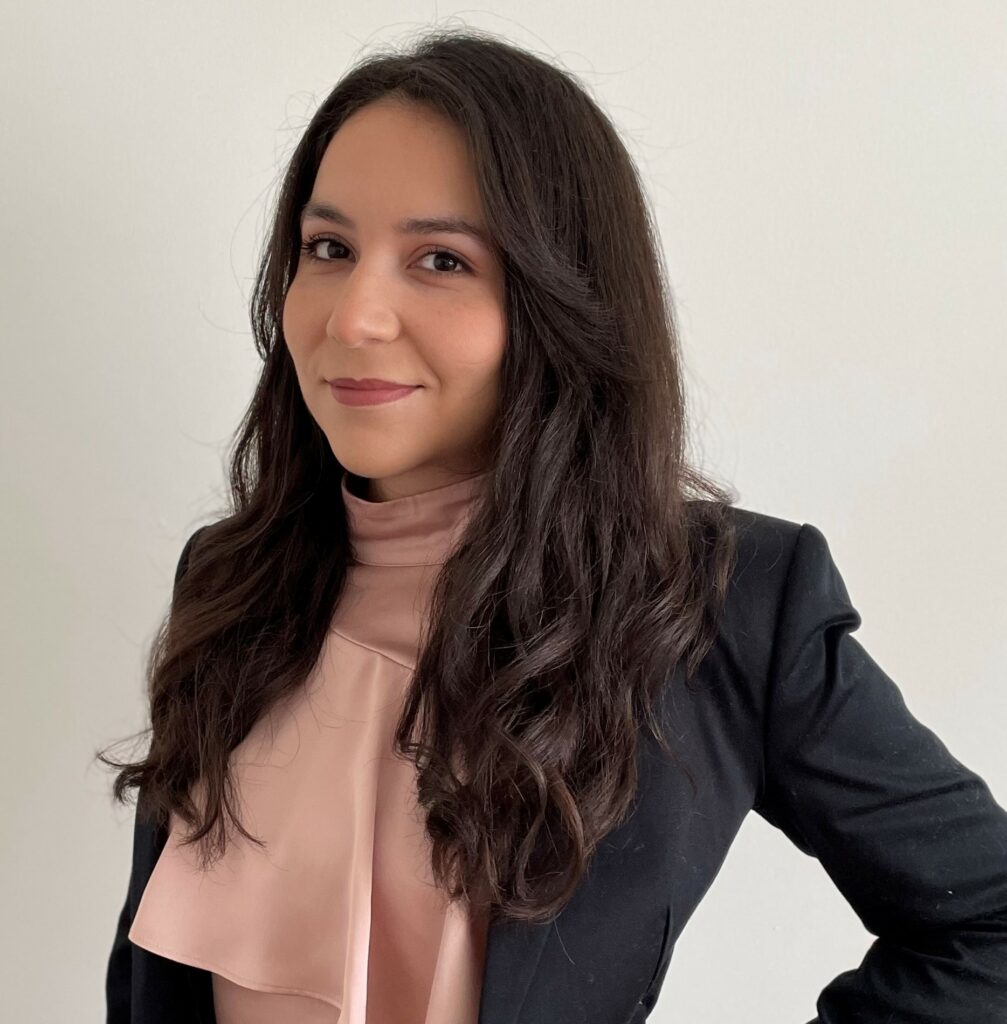
Radio Signals and Health
Overview
The effect of radio transmissions on health has been studied extensively, leading to international standards for network antennas and exposure limits for workers and the public. Despite the ever-growing body of scientific knowledge, many people continue to be concerned about electromagnetic fields (EMFs) and their impact on health.
This three-week course looks at the state of the science, standards for mobile technologies, regulatory compliance and public awareness and education.
Course Objectives
- Understand public concerns and the accumulated knowledge about the health effects of EMFs.
- Learn about internationally accepted safety requirements for radio transmissions.
- Learn how to respond to public safety concerns and increase awareness of the science.
Course Enrolment Criteria
This course is open to:
- Regulators
- Policymakers
- Representatives from academia and international organisations working on regulatory or policy issues
We cannot accept applications from individuals working in the private sector or those not involved in policy or regulation.
Course Completion Certificates
All our courses are certified by the United Kingdom Telecoms Academy (UKTA) and accredited for Continuing Professional Development (CPD).

This course equates to 10 hours of CPD training.
To qualify for a course completion certificate, you must view all the course sessions and answer correctly all the quiz questions you will find as you progress through the sessions. You will also need to fill out the course survey.
You do not have to complete a final project to earn a course completion certificate but we strongly encourage you to create one. Putting together a final project will give you an opportunity to reflect on the principles covered during the course and help you discover how they could be applied to your own country. If you submit a final project the course trainer will provide you with valuable feedback that you may find useful in your day-to-day work.
Course Structure and Study Time
The course consists of six sessions and you will gain access to all of them on the course start date.
If you decide to submit a final project, it will probably take you four to six hours to put it together. You will have seven weeks to submit your final project.
If you have any special needs regarding this training course, please us let us know via our contact form so we can get in touch to discuss how your needs can be met.
Enrol now
